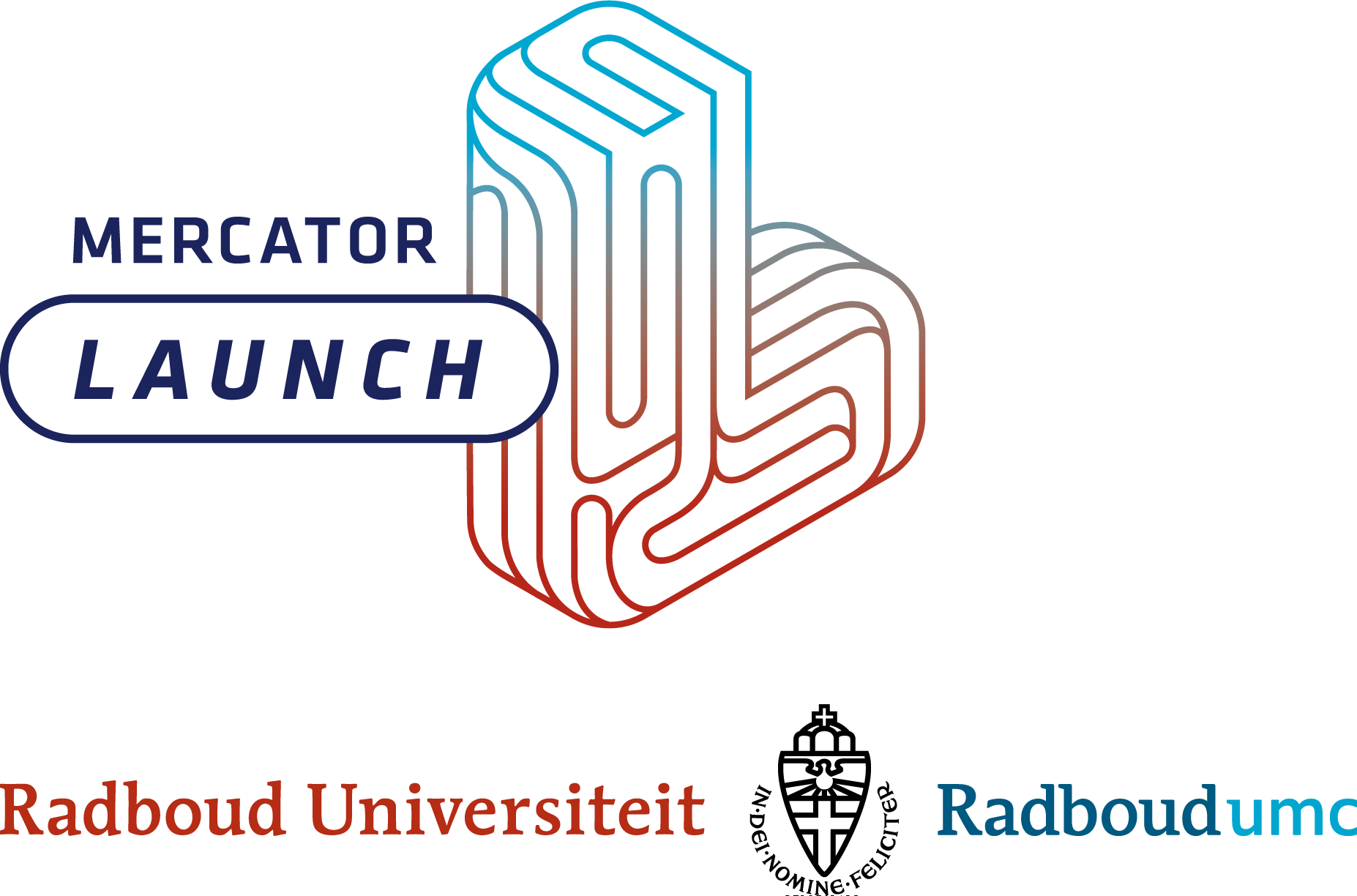
By Valeria De Matteis, IP patent attorney at Synthon B.V.
In the competitive world of today the importance of Intellectual Property in your business should not be underestimated. A patent can help you protect your idea and raise the value of your (startup) company considerably. At the same time, a competitor’s patent can completely block your idea, forcing you to either find a different way to reach your goal, or abandon the idea completely.
That is why having a basic understanding of Intellectual Property (IP) is essential.
There are two questions you need to know the answer to before you start working on your idea and looking for investors or partners:
- Can I commercialise my idea/product/invention or is it blocked by a third party patent?
- Can I protect my idea/product/invention with a patent?
An invention that can be patented (point 2) will make your idea more attractive to investors, but patentability does not always mean that you can commercialize it. So, before investing time and money to try to get a patent, you should know if you will be able to commercialize your invention (point 1).
Point 1) To identify whether your invention can be commercialized you should be sure that nobody (a third party) has a granted patent that your product may infringe. An expert IP Searcher uses programs to identify patents in the same field of your invention and a patent attorney can evaluate them to understand if they may indeed block your invention.
Of course, this will take some time and money, something startups don’t often have in abundance, but my advice is always to discuss this point with a patent attorney and perhaps see if there are any cheaper ways for you to perform this search, perhaps by even doing part of it yourself.
Point 2) To establish whether your invention may be patented three criteria have to be fulfilled: the invention must be (1) Novel, must involve an (2) Inventive Step and must have an (3) Industrial Application.
An invention is Novel if it was not identically present in ‘Prior Art’ before filing of the patent application. The ‘Prior Art’ is any public disclosure such as manuals, articles, patents, patent applications, presentations (e.g. at a conference), abstracts, posters, a doctoral thesis or even a publication on the internet.
An invention involves an Inventive Step when it solves a problem and the solution is not obvious to a person skilled in the art (people that work in such a field), usually involves a surprising effect or brings an unexpected result; and usually there is an advantage over what is already known.
An invention has an Industrial Application when it can be produced or deployed.
Are the answers for your idea to both question 1 and 2 positive? Well, then you can get excited! But it is important to realize that the excitement over your idea should not lead to you talking openly about it with everybody. Why not? Because someone could then easily copy or publish your idea which could destroy your Novelty. So be careful!
Also good to know: a discussion with a patent attorney is always confidential but a discussion with potential investors or business partners should always be covered by a confidential disclosure agreement (CDA) or a non-disclosure agreement (NDA).
Hence, it is advisable to have contact with a patent attorney during different stages of your idea development: at the initial evaluation, when making agreements, and during the actual development stage.
I hope the basic concepts about IP protection provided in this blogpost will help you to understand the language of a patent attorney and get closer to the world of intellectual property.
If you have any questions, please feel free to reach out to me or to the people at Mercator Launch. Always happy to help!
Contact Mercator Launch